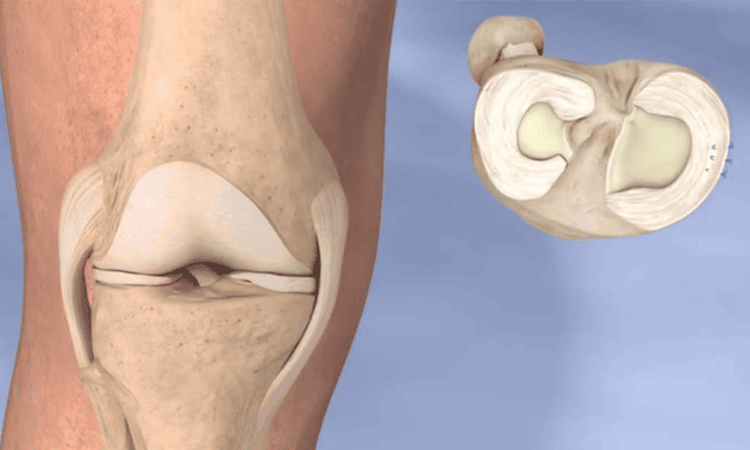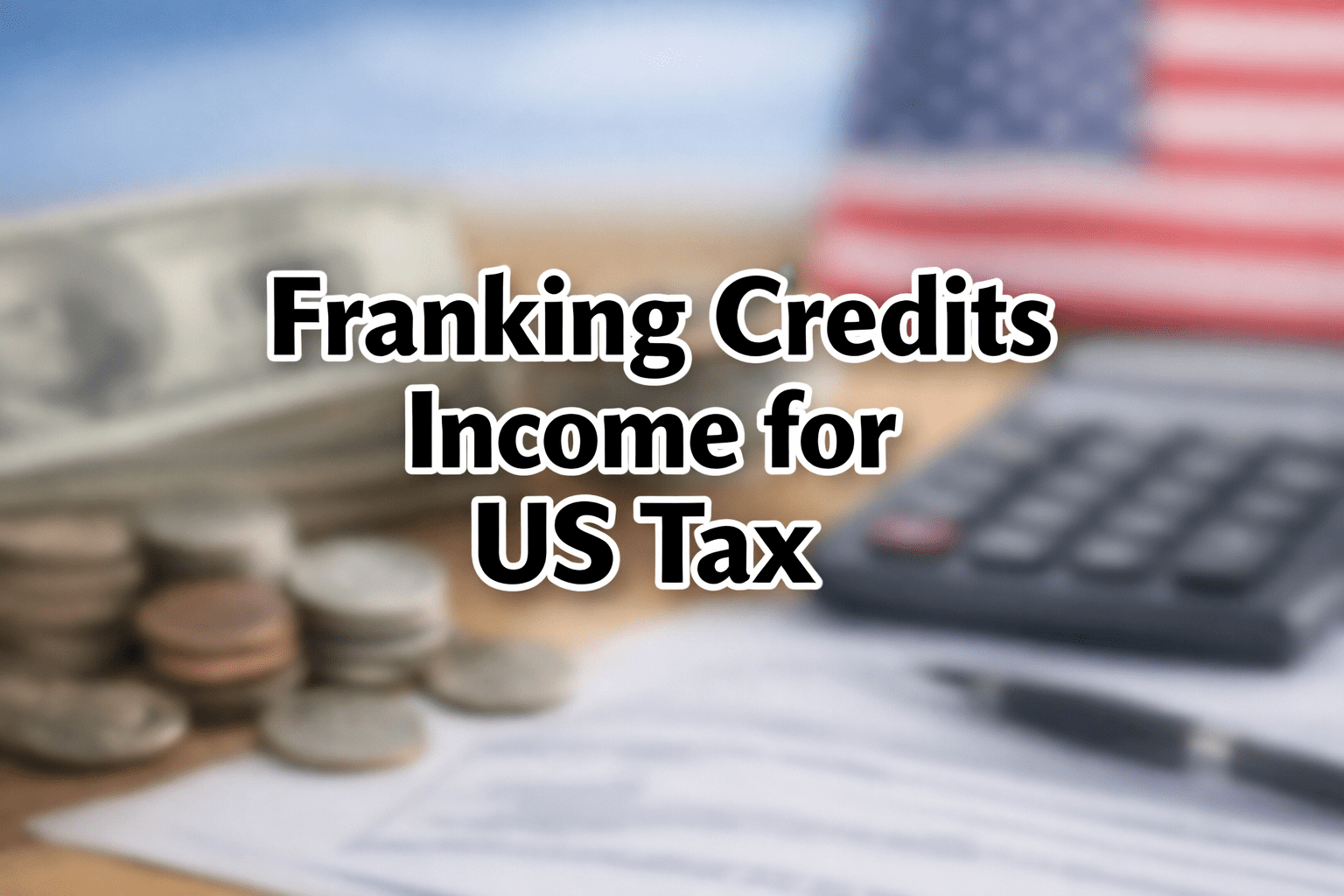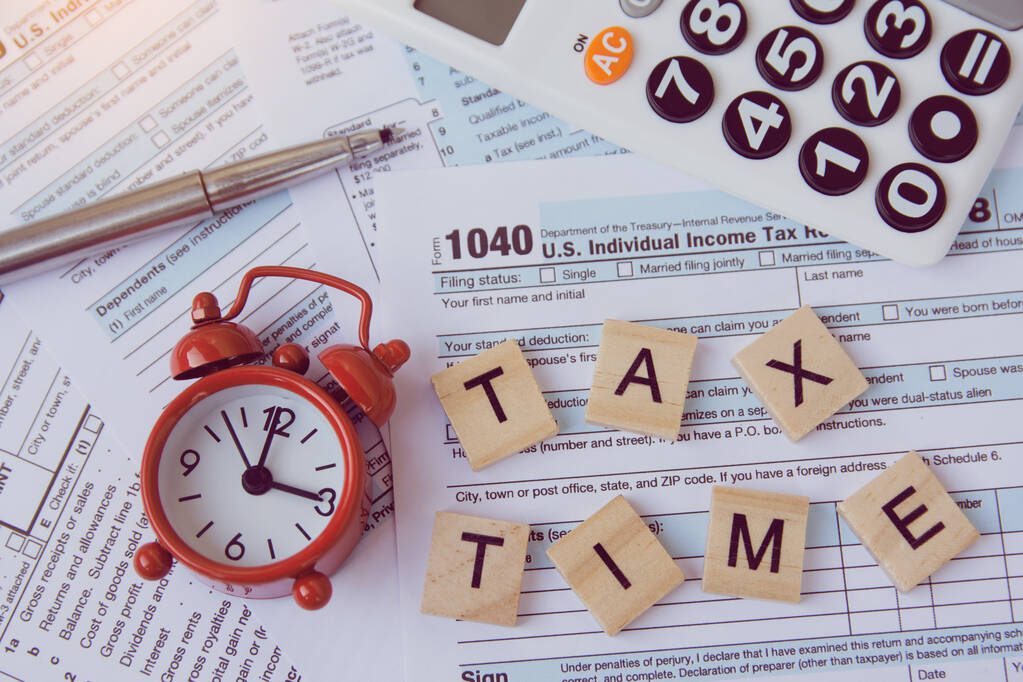When it comes to transporting goods, whether for commercial or personal use, a box trailer can be an indispensable asset. However, with numerous models and options available, finding the right box trailer for sale can become a daunting task. This guide aims to provide potential buyers with an understanding of the key features to look for when purchasing a box trailer.
Understand Your Needs
The first step in finding the perfect box trailer is to clearly define what you require from it. Consider the type of cargo you intend to carry, the weight of the load, and the conditions under which the trailer will be used. Will you need a single axle for lighter loads, or a dual axle for greater stability and capacity? Your specific requirements will greatly influence the type of trailer you should look for.
Consider the Build Quality
The build quality of a trailer is crucial for its longevity and performance. Pay attention to the materials used; a galvanised steel trailer, for example, will offer better rust resistance compared to painted steel. Weld quality and chassis strength are also important as they determine the trailer’s durability and safety. Furthermore, make sure the trailer complies with the necessary standards and regulations within your region.
Towing Capacity and Compliance
Before making a purchase, ensure that both your vehicle and the trailer are compatibly matched in terms of towing capacity. The weight of the trailer plus the load must not exceed the maximum towing capacity of your vehicle. It’s also vital to ensure that the trailer is legally compliant with traffic and safety laws, including taillights, brakes, and towing mechanisms.
Size and Storage
Box trailers come in a range of sizes. You should select a size that is not only sufficient for your typical load but also practical for storage when not in use. A trailer that is too large can be cumbersome and harder to store, while one that is too small will limit your capacity to transport goods effectively.
Accessibility and Loading
Consider how you will be loading and unloading your cargo. Features such as drop-down or removable sides, rear doors, and tipping mechanisms can make a significant difference to the ease with which you can access your load. Accessibility features can save time and reduce the physical strain associated with manual loading and unloading.
Tyres and Suspension
Quality tyres and a reliable suspension system are paramount for the safe and smooth transport of goods. Check the condition and specifications of the tyres, including the spare. The suspension should be appropriate for the load and the terrain over which the trailer will be used. In some cases, an off-road suspension may be necessary.
Additional Features and Accessories
Many trailers come with additional features and accessories that can enhance functionality, like jerry can holders, gas bottle holders, or toolboxes. Evaluate which features you consider essential, which are nice-to-haves, and which are unnecessary for your purposes. This will help you determine the best value when comparing different trailers.
Price and Warranty
Compare the prices of various box trailers, keeping in mind that the cheapest option is not necessarily the best. Investigate what warranties or guarantees are offered with each trailer and what they cover. A robust warranty can provide peace of mind and protect your investment in the long term.
Second-hand Options
If purchasing a brand new box trailer is beyond your budget, consider looking at second-hand options. Be thorough in inspecting any used trailer for signs of wear and tear, rust, or structural damage. Ask for its maintenance history and be mindful that a lower upfront cost might result in higher maintenance costs down the line.
Dealer Reputation and Service
Selecting a reputable dealer is as critical as the trailer itself. Research customer reviews, ask for recommendations, and visit multiple dealers to gauge the quality of service and expertise on offer. A good dealer should be knowledgeable about their products and able to provide thorough advice to aid your decision-making process.
Customisation Options
Some buyers may have specific needs that off-the-shelf trailers do not meet. In such cases, customisation may be the solution. Check with dealers or manufacturers if they offer custom-built trailers and what the associated costs and lead times are. Customising a trailer can ensure you get exactly what you need.
Insuring Your Trailer
Finally, don’t forget to consider insurance for your trailer. It’s essential to protect your investment from theft, damage, or accidents. Ensure that your chosen insurance policy covers what is necessary for your peace of mind and the safety of your goods.
Conclusion
Finding the right box trailer requires careful consideration of your specific needs, thorough research, and attention to quality and legal compliance. By following this buyer’s guide, you can make an informed decision and select a box trailer for sale that will serve you reliably for years to come. Remember that a well-chosen trailer is an investment that can enhance your hauling capabilities, save time, and offer convenience for all your transportation needs.








